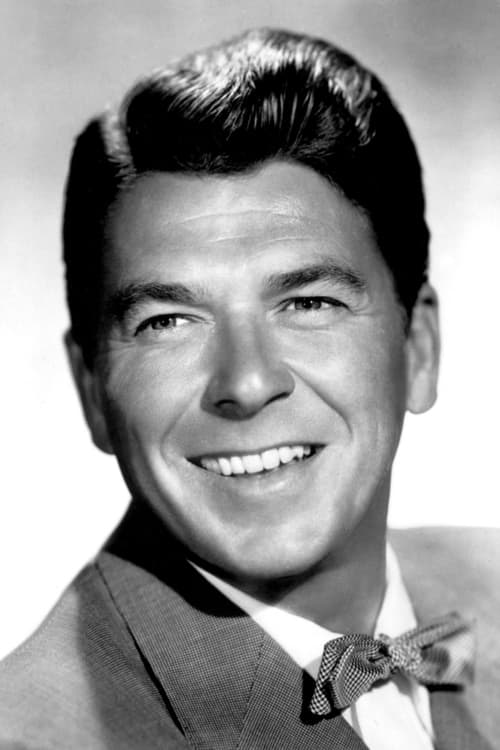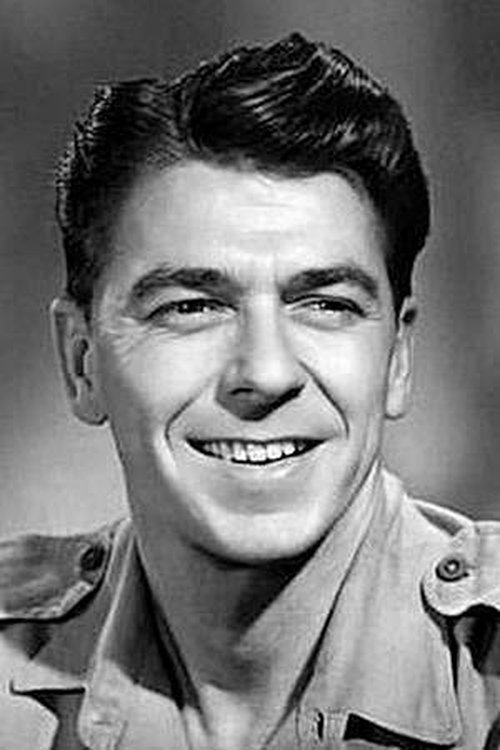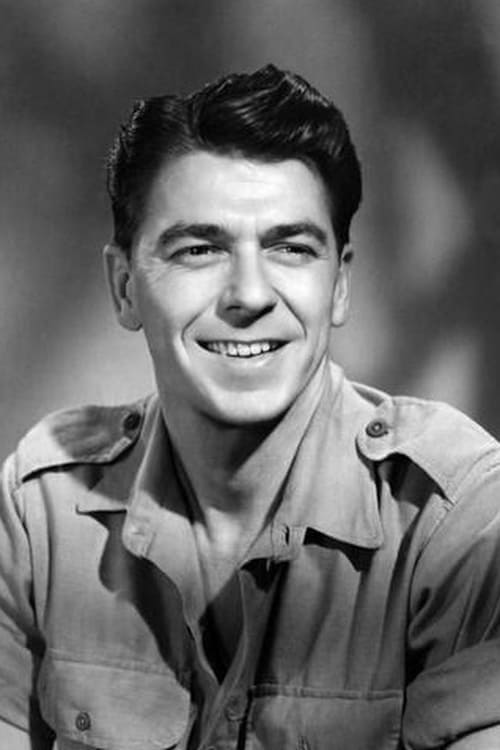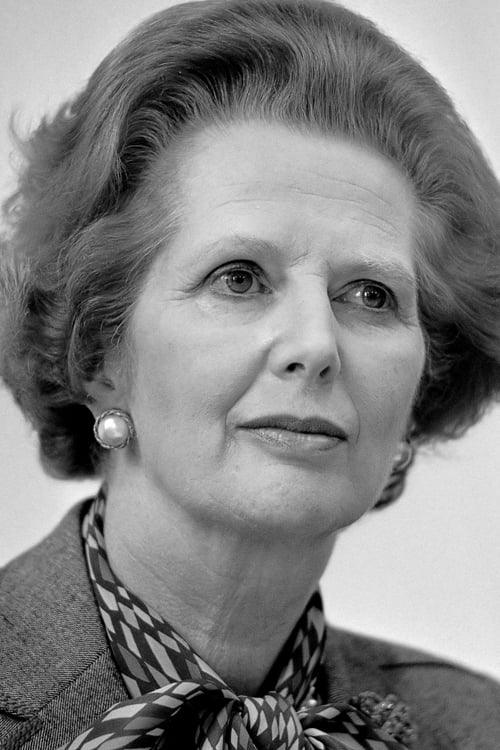Lockerbie Színész- és szereplőlista
Self (archive footage) szerepében:
Ronald Reagan
✝ 1911-02-06 Tampico, Illinois, USA - 2004-06-05
Ronald Reagan (February 6, 1911 – June 5, 2004) was the 40th President of the United States (1981–1989), the 33rd Governor of California (1967–1975) and prior to that an actor. Upon his college graduation, Reagan first moved to Iowa to work as a radio broadcaster and then in 1937 to Los Angeles, California. He began a career as an actor appearing in over fifty movie productions. Some of his most notable roles are in Knute Rockne, All American and Kings Row. Reagan served as president of the Screen Actors Guild, and later spokesman for General Electric. His start in politics occurred during his work for General Electric. Originally a member of the Democratic Party, he switched to the Republican Party in 1962. After supporting of Barry Goldwater's presidential candidacy in 1964, he was persuaded to seek the California governorship, winning two years later and again in 1970. He was defeated in his run for the Republican presidential nomination in 1968 as well as 1976, but defeated incumbent Jimmy Carter in 1980 presidential election. Reagan left office in 1989. In 1994, the former president disclosed that he had been diagnosed with Alzheimer's disease earlier in the year. He died ten years later at the age of 93.
Self (archive footage) szerepében:
Margaret Thatcher
✝ 1925-10-13 Grantham, Lincolnshire, England, UK - 2013-04-08
Margaret Hilda Thatcher, Baroness Thatcher, LG, OM, DStJ, PC, FRS, HonFRSC (née Roberts; 13 October 1925 – 8 April 2013) was a British stateswoman and Conservative politician who was Prime Minister of the United Kingdom from 1979 to 1990 and Leader of the Conservative Party from 1975 to 1990. She was the longest-serving British prime minister of the 20th century and the first woman to hold the position. As prime minister, she implemented economic policies known as Thatcherism. A Soviet journalist dubbed her the "Iron Lady", a nickname that became associated with her uncompromising politics and leadership style. Thatcher studied chemistry at Somerville College, Oxford, and worked briefly as a research chemist before becoming a barrister. She was elected Member of Parliament for Finchley in 1959. Edward Heath appointed her secretary of state for education and science in his 1970–1974 government. In 1975, she defeated Heath in the Conservative Party leadership election to become leader of the opposition, the first woman to lead a major political party in the UK. On becoming prime minister after winning the 1979 general election, Thatcher introduced a series of economic policies intended to reverse high inflation and Britain's struggles in the wake of the Winter of Discontent and an oncoming recession. Her political philosophy and economic policies emphasised greater individual liberty, the privatisation of state-owned companies, and reducing the power and influence of trade unions. Her popularity in her first years in office waned amid recession and rising unemployment. Victory in the 1982 Falklands War and the recovering economy brought a resurgence of support, resulting in her landslide re-election in 1983. She survived an assassination attempt by the Provisional IRA in the 1984 Brighton hotel bombing and achieved a political victory against the National Union of Mineworkers in the 1984–85 miners' strike. In 1986, Thatcher oversaw the deregulation of UK financial markets, leading to an economic boom, in what came to be known as the Big Bang. Thatcher was re-elected for a third term with another landslide in 1987, but her subsequent support for the Community Charge (also known as the "poll tax") was widely unpopular, and her increasingly Eurosceptic views on the European Community were not shared by others in her cabinet. She resigned as prime minister and party leader in 1990, after a challenge was launched to her leadership, and was succeeded by John Major, her chancellor of the Exchequer. After retiring from the Commons in 1992, she was given a life peerage as Baroness Thatcher (of Kesteven in the County of Lincolnshire) which entitled her to sit in the House of Lords. In 2013, she died of a stroke at the Ritz Hotel, London, at the age of 87. A polarising figure in British politics, Thatcher is nonetheless viewed favourably in historical rankings and public opinion of British prime ministers. Her tenure constituted a realignment towards neoliberal policies in Britain; the complex legacy attributed to this shift continues to be debated into the 21st century.















